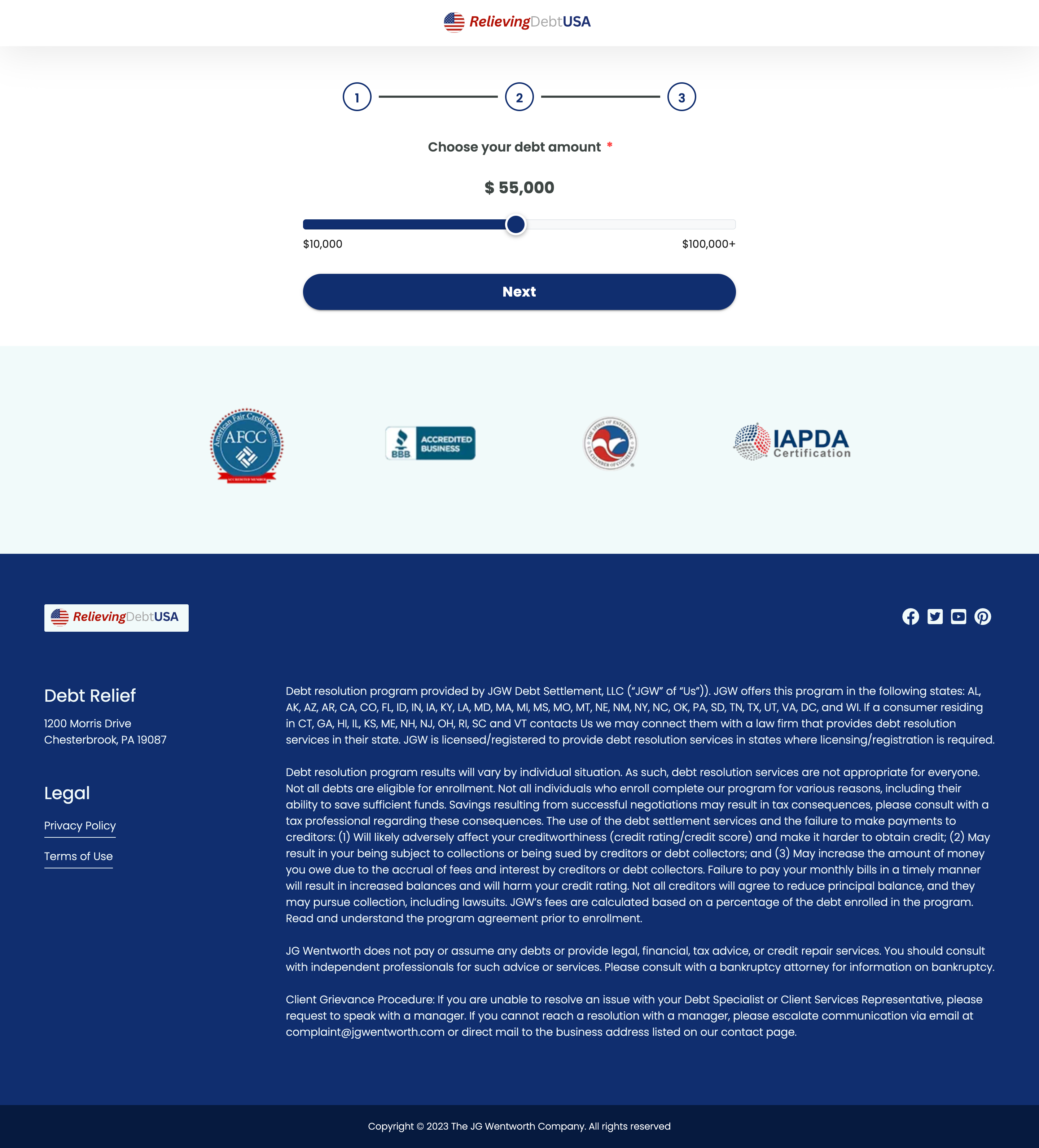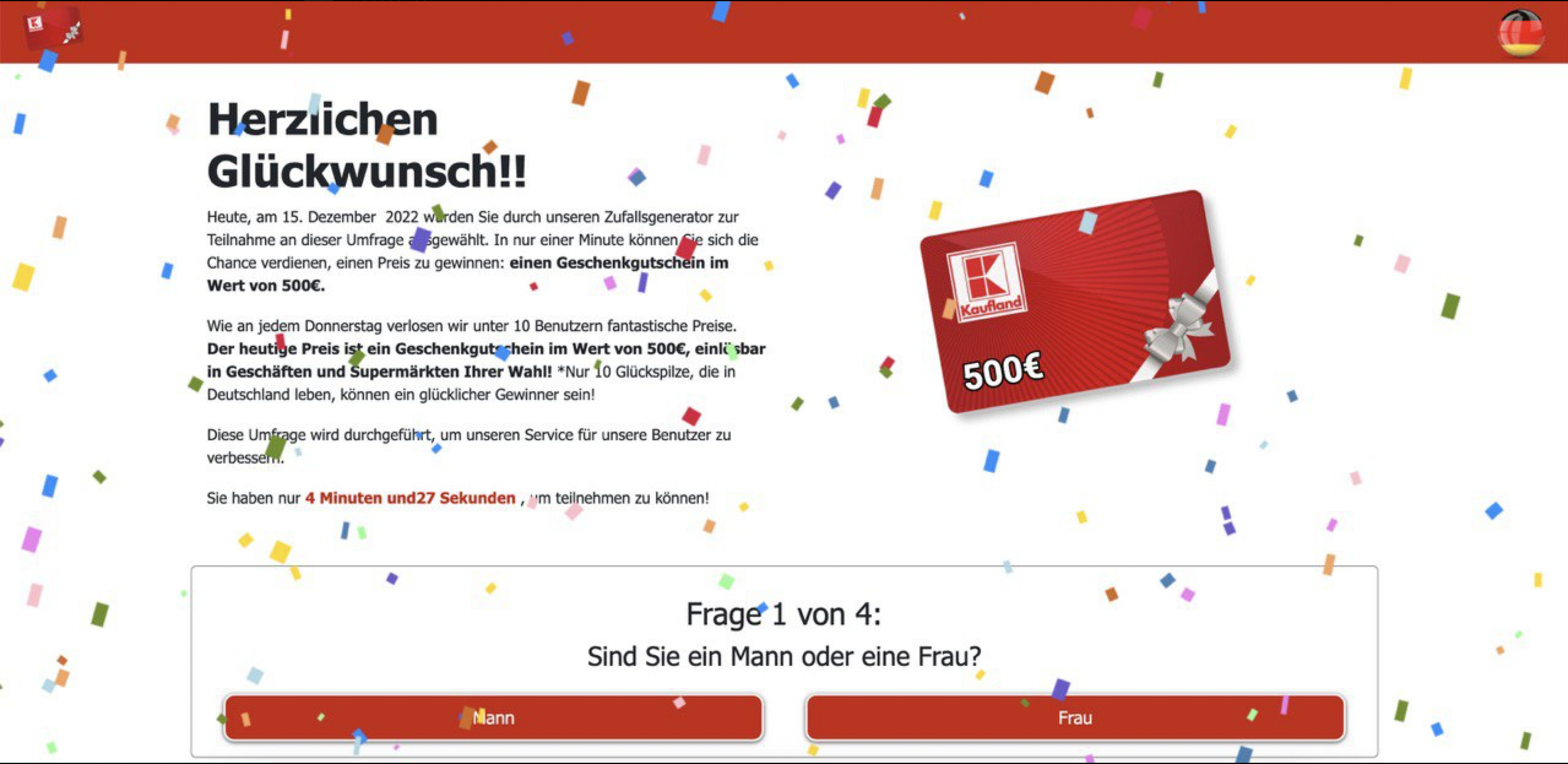How to Optimize Landing Page Load Speed for Affiliate Marketing
Affiliate marketers often rely on well-optimized landing pages to convert traffic into sales. A critical component of a successful landing page is its load speed. Faster loading times can lead to better user experiences, higher conversion rates, and improved search engine rankings. This article will guide you through the process of optimizing your landing page load speed for affiliate marketing.
Table of Contents
- Understanding the Importance of Landing Page Load Speed
- Conducting an Initial Speed Audit
- Image Optimization
- Minifying CSS, JavaScript, and HTML
- Leveraging Browser Caching
- Using a Content Delivery Network (CDN)
- Avoiding Redirects
- Prioritizing Above-the-Fold Content
- Optimize Server Response Time
- Continuous Monitoring and Testing
- Conclusion
Understanding the Importance of Landing Page Load Speed
The speed at which your landing page loads can significantly impact the performance of your affiliate marketing campaigns. Here’s why:
- User Experience: Slow-loading pages can frustrate users, leading to higher bounce rates.
- Conversion Rates: A faster loading page often translates to a higher conversion rate.
- SEO Rankings: Google considers page speed as a ranking factor, meaning faster pages are more likely to rank higher in search results.
Conducting an Initial Speed Audit
Before making improvements, it’s essential to understand the current performance of your landing page by conducting a speed audit. Use tools such as:
These tools evaluate various aspects of your page’s architecture and provide actionable insights to improve load times.
Image Optimization
Images often account for the majority of a landing page’s load time. To optimize your images:
- Compression: Use tools like TinyPNG or JPEGmini to compress images without losing quality.
- Proper Formatting: Use modern formats like WebP where possible to reduce file sizes.
- Responsive Design: Ensure your images are responsive and adapt to various screen sizes efficiently.
Minifying CSS, JavaScript, and HTML
Minifying involves removing unnecessary characters from your code, greatly improving page load speed. Tools such as UglifyJS for JavaScript, CSSNano for CSS, and HTMLMinifier for HTML can help streamline your code.
Leveraging Browser Caching
Browser caching stores some of your page’s resources on the visitor’s browser, allowing faster access for repeat visits. Set expires headers to inform browsers how long to cache resources like images, CSS, and JavaScript files.
Using a Content Delivery Network (CDN)
A CDN can improve the speed by distributing your content to servers worldwide, reducing the physical distance data must travel to reach your users. Popular CDN services include Cloudflare, Amazon CloudFront, and Akamai.
Avoiding Redirects
Redirects create additional HTTP requests and increase load times. Audit your page to eliminate unnecessary redirects, keeping them to a minimum to enhance speed.
Prioritizing Above-the-Fold Content
Load above-the-fold content faster by specifying critical styles inline and deferring non-essential JavaScript. This prioritization minimizes the perceived load time, engaging users quicker.
Optimize Server Response Time
Enhance your server’s performance by upgrading your hosting plan, optimizing your database, and using efficient server-side scripts. Aim for a server response time under 200ms for optimal performance.
Continuous Monitoring and Testing
Optimization is an ongoing process. Regularly monitor your landing page speed and test on different devices and connections to ensure consistent performance. Use the tools mentioned earlier to identify new optimization opportunities.
Conclusion
Optimizing your landing page load speed is crucial for maximizing the success of your affiliate marketing efforts. By following the strategies outlined in this article, you can ensure that your landing pages load quickly, providing a better user experience and ultimately driving more conversions.
For those looking to capture landing page content, consider using a Landing page ripper tool to efficiently download and analyze competitor pages.









